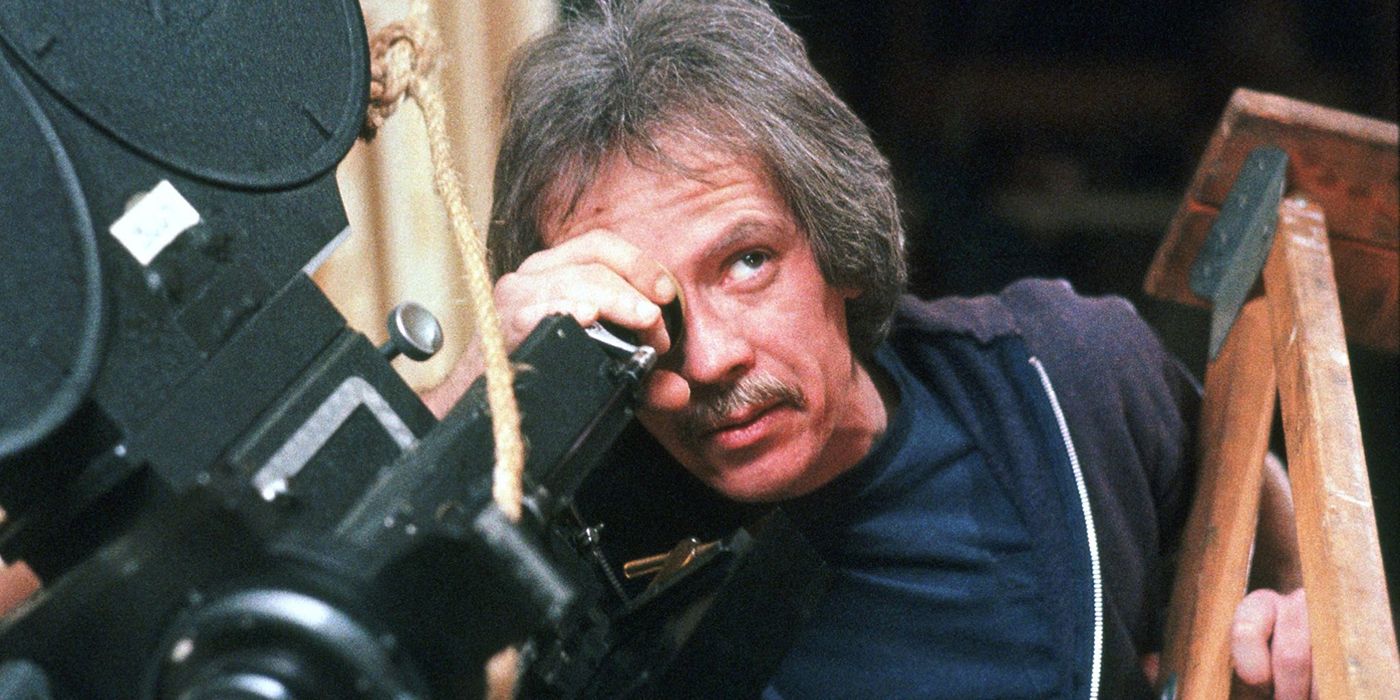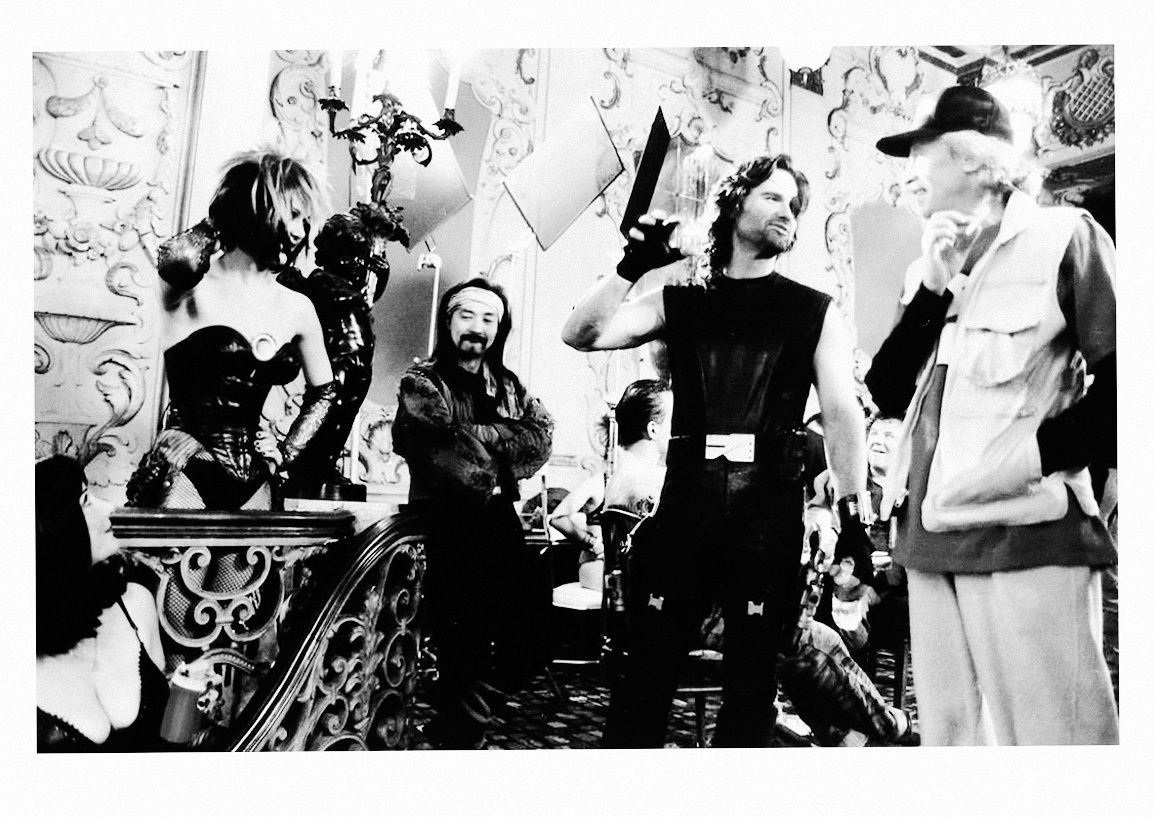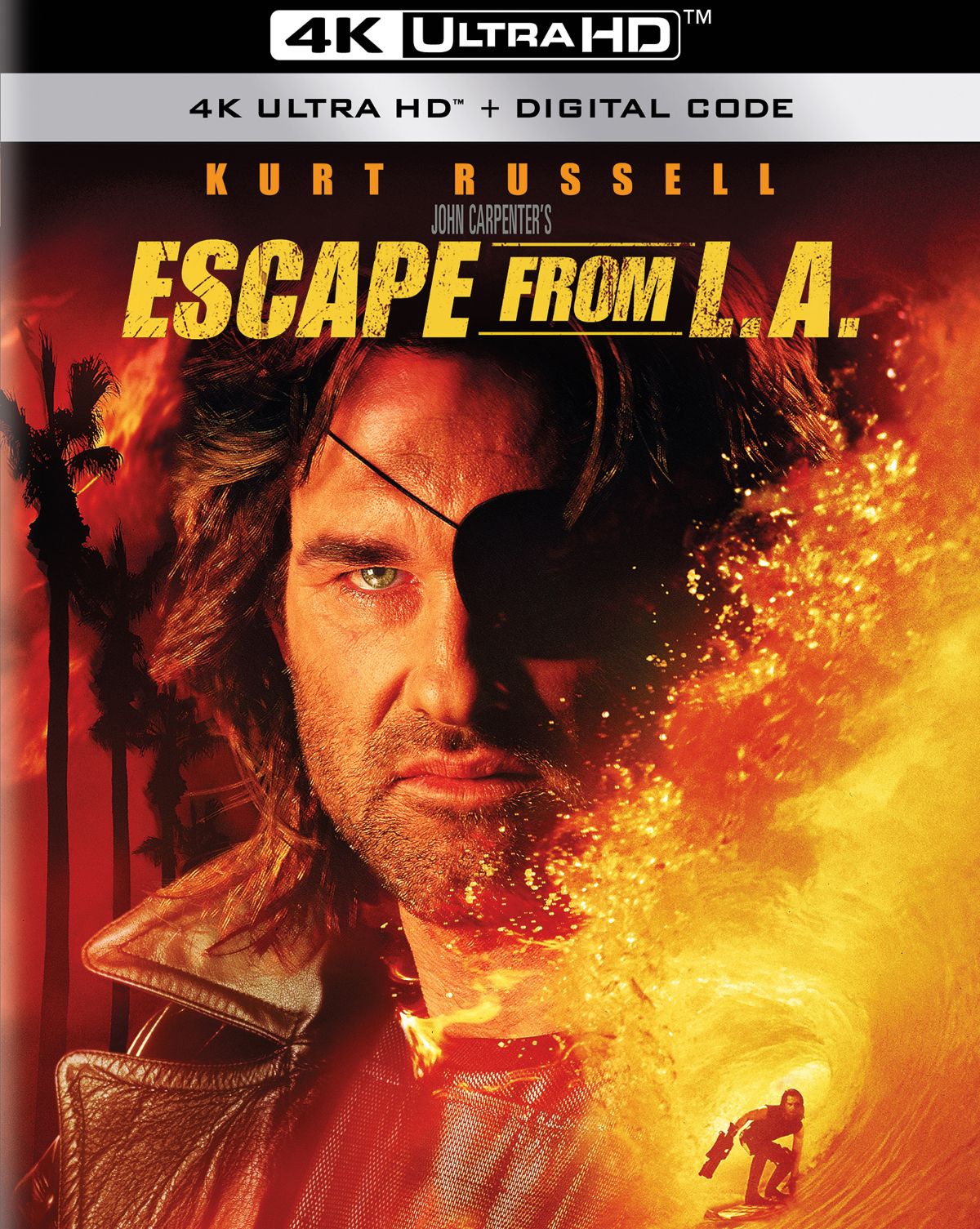John Carpenter hasn't needed an introduction for decades but we'll give him one anyway. The legendary filmmaker is responsible for directing and composing some of the most revered movies in history, with Halloween, The Thing, and The Fog ranking among his best.
While he's best known for his work in horror, Carpenter is also a capable action director. Escape from New York and Big Trouble in Little China, both of which starred Kurt Russell in the lead role, remain favorites among fans of the genre.
Carpenter caught up with Collider about the 4K home release of Escape from L.A., the Escape from New York sequel that, despite its initial negative reception, has achieved cult status in the decades following its release. We also discussed why he doesn't revisit his own movies, what he feels director David Gordon Green brings to the Halloween franchise, and more.
Collider So I'm going to start with a couple of soft ball questions, just to kind of ease us into the heavier stuff. So, if someone has never seen any of your work, I mean, what do you think the first thing they should see of your filmography is? What's a good introduction to your work?
JOHN CARPENTER: Halloween, I guess.
Why is that?
CARPENTER: I have no idea, I just made it up on the spot.
Well, there you go. So kind of on that same note, which of your films do you revisit most, either in your head or on screen? Which ones do you think about most?
CARPENTER: I don't think about any of them. I don't revisit my own movies, I don't do that. It's ugh. I see too many mistakes when I look at my own films.
You compose your own films. I've always thought of a film's score as kind of an adrenaline dial or a mood dial, and the skill of a composer lies in knowing when to crank it up or dial it back. So when you compose your scores, do the moments in the movie guide the music or does the music guide the moment? How does a complete scene come together in your head?
CARPENTER: Well, the scenes guide the music, always. It's always the story first, story second, story third. Always. We score movies, or I score films after the movie's locked, the cut's locked, the final cut's locked, then we start working on the music and I just find it works better that way. More consistent. Just richer. The music and the movie are richer.
So, do you ever have moments where the score kind of comes to you? Do you ever, when you're filming a scene, do you have ideas of the ... Like, how does your brain work musically and visually whenever you're making a movie?
CARPENTER: How does it work? Well, it works, I just take the task at hand, which is the day's work, and I just go to it. I just put my head down and go at it hard. I don't think about the music until it's all over, I have a little perspective. When you're shooting a film, you have no perspective on it, what you're doing, what's happening. It's a set with lights and actors wandering around, so you don't know anything yet.
Regarding Escape from L.A., there was a pretty long gap between Escape from New York and Escape from L.A. How do you feel like your, if at all, your filmmaking style evolved and changed during that time? It was a 15-year gap.
CARPENTER: Yeah, it did. It was. It changed a great deal in ways that I couldn't really predict or I didn't really think about. But instinctually, I was a different director 15 years later, so some of my instinctual choices would have been different, were different. And don't ask me to name them specifically.
Ending on a Halloween question: What do you feel, because you're so involved in the Halloween franchise, albeit not as director anymore. What makes David Gordon Green such an effective director for this franchise?
CARPENTER: Well, he's just a really good director and he has a feel for it. And he cares about the legacy of it. It's really interesting. I can't say enough about David. He's wonderful.



.jpg)
